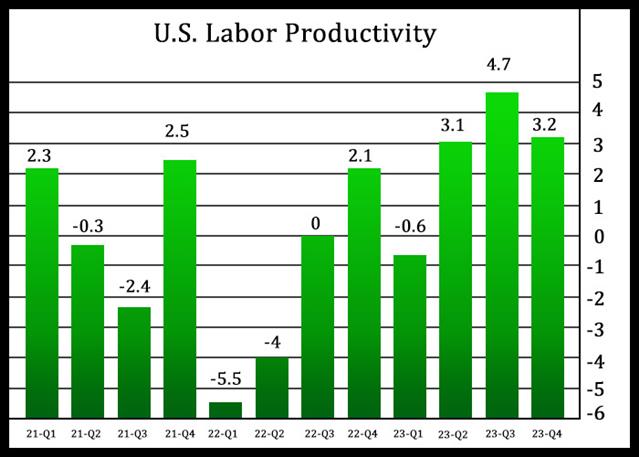
The World Health Organization has awarded its first-ever certificates validating progress in eliminating industrially produced trans fatty-acids to five countries.
Announcing this, WHO said Denmark, Lithuania, Poland, Saudi Arabia, and Thailand have each demonstrated they have a best practice policy for industrially produced trans-fatty acids elimination in effect, supported by adequate monitoring and enforcement systems.
WHO also released results from the first five years of its REPLACE initiative to eliminate industrially produced trans-fatty acids, known as iTFA.
Although WHO could not meet the ambitious target of fully eliminating iTFA from the global food supply by the end of 2023, the UN health agency reports remarkable progress made towards this goal in every region of the world.
In 2023 alone, new best-practice policies became effective in seven countries: Egypt, Mexico, Moldova, Nigeria, North Macedonia, Philippines, and Ukraine.
Trans-fatty acids (TFA) are semisolid to solid fats that are found in two forms: industrially produced and naturally occurring. Intake of TFA is associated with increased risk of heart attacks and death from heart disease. Foods high in iTFA, like fried foods, cakes and ready meals, are often high in sugar, fat and salt.
According to WHO, 53 countries have now best practice policies in effect for tackling iTFA in food.
“Trans fat has no known health benefit, but huge health risks,” said Dr Tedros Adhanom Ghebreyesus, WHO Director-General. “We are very pleased that so many countries have introduced policies banning or limiting trans fat in food.” He congratulated Denmark, Lithuania, Poland, Saudi Arabia and Thailand for leading the world in monitoring and enforcing their trans fat policies, and urged other countries to follow their lead.
Accelerating efforts to achieving best-practice policies in just 8 countries with the highest needs would eliminate 90 percent of the global iTFA burden, WHO says.
It is estimated that despite recent successes in eliminating iTFA from food globally, more than half of the world’s population remain unprotected from its harmful impacts, thus putting them at a potential risk of increasing heart disease.
Copyright © 2024, RTTNews.com, Inc. All Rights Reserved.
















